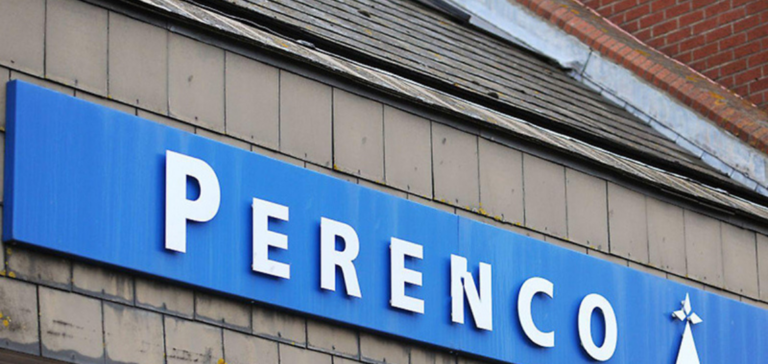The oil company Perenco was sued on Wednesday in Paris by two French NGOs, who want to see the French group condemned to repair the environmental damage of its drilling in the Democratic Republic of Congo.
Friends of the Earth and Sherpa announced in a press release that they have summoned “the French company Perenco S.A. before the Paris judicial court, because of the ecological damage that would be caused by the group’s activities in the DRC”.
The two associations “intend to obtain recognition of the civil liability” of the company and force it “to stop and repair these damages”, under the 2016 Biodiversity Act, which established a regime for repairing ecological damage.
Founded by Breton entrepreneur Hubert Perrodo, the company, which is not listed on the stock exchange and is therefore little known, has made his family the 15th richest in France, according to the 2022 ranking of Challenges magazine.
With 6,000 employees and approximately 500,000 reported barrels per day, Perenco is a small player in the global oil industry, operating in 15 foreign countries. It is the only company operating in the DRC, where its subsidiaries operate 11 oil fields on the Muanda coast.
Perenco has been implicated “for years in numerous reports, investigations and questioning by the Congolese Senate, local associations and international NGOs for serious environmental and health problems”, write Sherpa and Friends of the Earth.
“The French company Perenco S.A., headquartered in Paris, denies any link of control over other companies in the group when asked about damages resulting from overseas activities,” the NGOs report.
“However, the multinational does not hesitate to claim French nationality for its own benefit”, the NGOs accuse, citing the example of a dispute in which Perenco used a bilateral agreement between France and Ecuador to obtain “374 million dollars” before an arbitration court.
According to these NGOs, Perenco “is organized in a myriad of shell companies, most of which are registered in tax havens such as the Virgin Islands, Bermuda and the Bahamas.
Since 2019, these NGOs have attempted to obtain documents establishing their legal ties through bailiffs. Despite a final procedural victory in 2022, they were unable to obtain them and resolved to launch their substantive assignment.
“Perenco is committed to ensuring the health and safety of its employees and communities and is developing an environmental approach to control and mitigate the impact of its activities,” said a spokesman for the group contacted by AFP, pointing to the “social, environmental and economic actions” deployed by Perenco in each country.






















